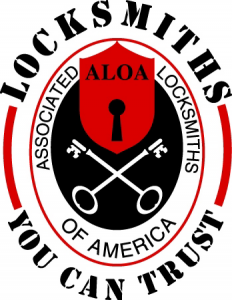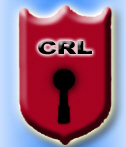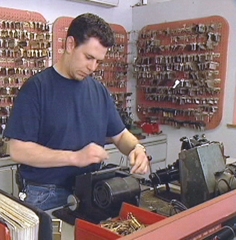- Locksmith & Home Security Technician
- Getting a career diploma in as little as 2 months.
- Gain experience with practical exercises and interactive assignments.
- Learn how to identify, create, and duplicate keys.
- Learn to work with several types of locks including safes, valuts, and auto.
- and more...
These days there is a multitude of certifications, licenses, specializations, and more.
It’s very difficult to actually determine what is needed and what is not.
On your journey to becoming a locksmith one of the most difficult things to determine is what certifications you actually need and what those certifications actually mean.
The reason this is so difficult is that currently, it differs for each state, and in some cases each locality.
In some states having a certification will be the difference between finding a job and not finding a job, while in other states they could care less about your certifications.

Table of Contents
Is Certification the Same as a License?
This can be confusing.
To keep it short, no, a certification is not the same as a license.
A license is issued by the government (typically on the state level) and allows one to practice a specific profession or operate a business.
A certification is a document issued by a credentialing agency, such as ALOA, and informs the public or customers that this person has been professionally recognized and is qualified to perform certain work.
Do you need a locksmith certification?
Currently, there are 11 states (click here to see which states) that require some form of locksmith licensing or registration.
Typically, in order to become licensed, you need to either have a certification or have completed an approved locksmith apprenticeship.
What if your state isn’t on the required licensing list?
Even if your state doesn’t require a locksmith certification to become licensed, if you want to do any of the following then you should become certified:
- Demonstrate advanced knowledge as a locksmith
- Gain professional credibility as a locksmith
- Be prepared when licensing changes occur in your state
- Advance your career as a locksmith
What are the different locksmith certifications?
Registered Locksmith (RL)
This is the original general locksmith certification.
This certification no longer exists.
An individual who is an RL was grandfathered into the program in 1985 at its inception.
*Note: this is no longer a certification, but a designation.
Certified Registered Locksmith (CRL)
The CRL is the first level of locksmith certification.
A CRL has passed the 10 required categories, as well as 2 specialized electives offered by ALOA.
A CRL has a good working knowledge of general locksmithing.
Click here for more information on becoming a Certified Registered Locksmith.
You can use this CRL practice test before your official exam.
Certified Professional Locksmith (CPL)
The second level of locksmith certification is CPL.
A CPL has earned the CRL designation and has successfully completed an additional 12 elective categories offered by ALOA.
A CPL has advanced knowledge of general locksmithing and general knowledge of many specialized areas.
Certified Master Locksmith (CML)
Currently, the highest level of locksmith certification is CML.
An individual classified as a CML has reached the highest level of ALOA’s Proficiency Registration Program (PRP).
In addition, a CML has demonstrated proficiency in 90% of the available categories of the PRP.
A CML has advanced knowledge of most areas of locksmithing and electronic security.
There are 3 other specialized locksmith certifications, in addition to the above
- Certified Automotive Locksmith (CAL), click here for more information
- Certified Professional Safe Tech (CPS), click here for more information
- Certified Master Safe Tech (CMST), click here for more information
Where can you get certified?
As mentioned above there are currently there are two associations that offer certification classes and exams.
- Associated Locksmiths of America (ALOA)
- Safe and Vault Technician’s Association (SAVTVA)
If you’ve read through this article and decided you want to pursue a certification in locksmithing, be sure to check out more information on how to become certified and what certification entails, by clicking on the links above.






Leave a Reply